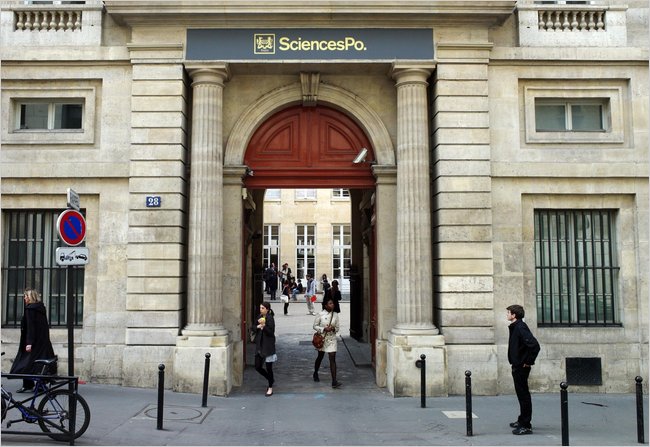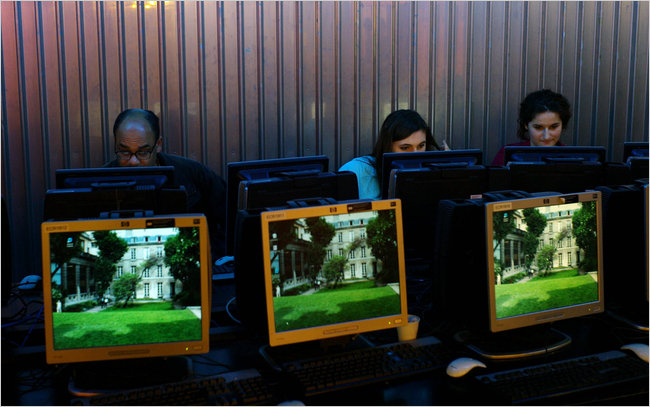| Want to send this page or a link to a friend? Click on mail at the top of this window. |
More Special Reports |
| A SPECIAL SECTION: Haiti since the January 12, 2010 Earthquake |
| Posted July 1, 2010 |
| International |
|
Top Schools in France Pushed to Open Meritocracy |
 |
|
MICHAEL KAMBER FOR THE NEW YORK TIMES |
| France is prodding schools like Sciences Po in Paris to set a goal of increasing the percentage of scholarship students to 30 percent. |
|
By STEVEN ERLANGER |
 |
|
MICHAEL KABER FOR THE NEW YORK TIMES |
| Last year Sciences Po accepted 126 scholarship students in a class of 1,300. Two-thirds have at least one none-French parent. |
| Wehaitians.com, the scholarly journal of democracy and human rights |
| More from wehaitians.com |